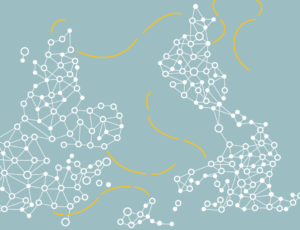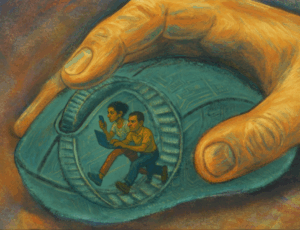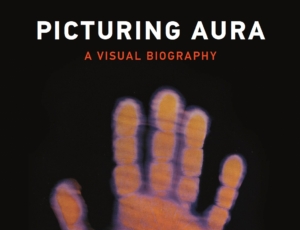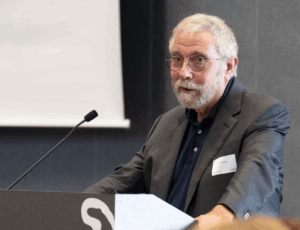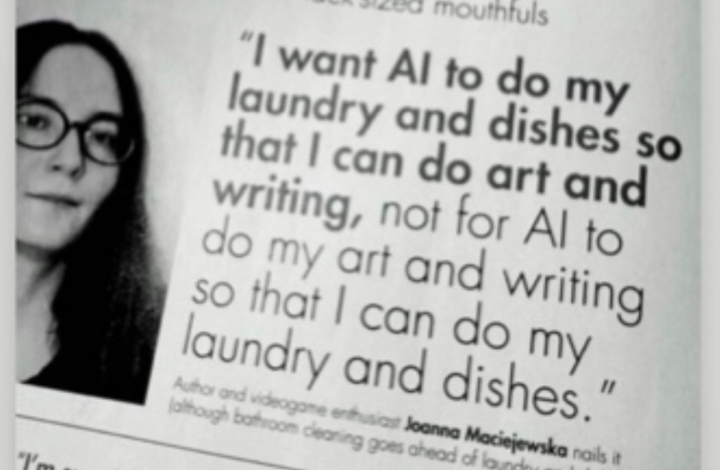
Digitalisation and (Un)sustainability
Reclaiming Technologies for our Environment
Themes and Questions
The structure of the event draws inspiration from community forums and participatory knowledge-sharing traditions. It seeks to foster exchange between artists and researchers—bridging speculative and practical approaches to sustainability in the digital age.
As digital infrastructures increasingly underpin our social, economic, and political systems, the discussion will examine their entanglements with environmental degradation, data extraction, and unequal access to technological resources. Drawing from art, urbanism, sociology, and philosophy, the speakers will explore how transdisciplinary thinking can contribute to reclaiming technologies for collective, sustainable futures.
- Digital extraction and ecological cost– What hidden infrastructures sustain our digital lives, and how can we trace their material and environmental consequences?
- Spatial justice and technological governance– How can artistic and urban practices expose, critique, and reimagine the politics of digital and spatial development?
- Grassroots technologies and acts of repair– What everyday practices of resistance and co-creation can challenge extractive platformisation and open up alternative modes of digital sustainability?
Through dialogue, we will consider how art, critical theory, and urban research can inform strategies to build solidarities between technological innovation and environmental care. The goal is to reimagine sustainability not as a technological promise, but as an embodied, collective practice that reclaims the digital for our shared environments.
The first half day is to get to know each other’s work, and the second half day serves as a springboard for developing content for the Lorentz Centre workshop application, as well as input for the formation of a consortium oriented to Horizon call applications (i.e. clusters 4 and 5).
About the public event
We will have the pleasure of being immersed in dialogues with Patricia de Vries and Benjamin Gerdes about Radical Research, Art and Spatial praxis and with Geert Lovink and Sebastian Olma about the Ruin of the Creative Promise.
Programme
Day 1 – 18 November, 14:00 – 17:30
14:00 – 14:10 Welcome by organisers
14:10 – 15:50 Intros by participants
15:50 – 16:00 Coffee break and cakes
16:00 – 17:00 Dialogue between Benjamin Gerdes and Patricia de Vries (plus Q&A)
17:00 – Closing remarks
17:00 – 17:30 Drinks at NIAS
Day 2 – 19 November
10:00 – 11:10 Dialogue between Geert Lovink and Sebastian Olma (plus Q&A)
11:10 – 11:20 Coffee break and cakes
11:20 – 12:45 Breakout rooms
12:45 – 13:00 Closing remarks
13:00 – 14:00 Lunch at NIAS
Participation of the workshop is by personal invitation only. If you would like to receive an invitation, or know someone who should, please get in touch with Letizia Chiappini.
Some parts of the workshop are open to the public: the dialogue between Benjamin Gerdes and Patricia de Vries on 18 November (16:00-17:30) & the dialogue between Geert Lovink and Sebastian Olma on 19 November (10:00 – 11:10), please register if you want to attend by mailing Letizia Chiappini.
Please note: during this event, photos and videos will be taken for documentation and publication purposes. If you have any objections, please notify the photographer.
